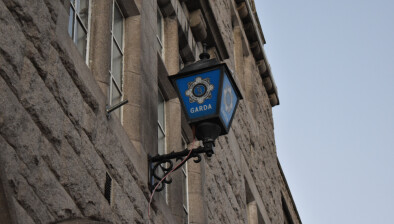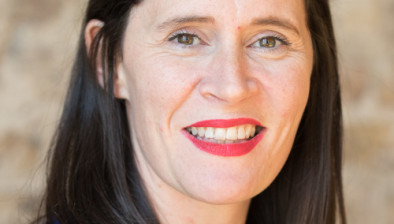Government urged to clarify if Garda recording law covers facial recognition

Sinéad Gibney
The government has been urged to clarify whether proposed legislation on digital recording by gardaí explicitly covers facial recognition and other emerging technologies.
The Irish Human Rights and Equality Commission said the human rights and equality implications of these technologies need to be subject to independent and effective scrutiny if covered by the provisions of the Garda Síochána (Digital Recording) Bill.
The watchdog has set out multiple concerns with the general scheme of the bill, which proposes “radical change” in the area of the recording of personal information by gardaí, including through the use of body-worn cameras and other recording devices by An Garda Síochána and the extension of the circumstances in which CCTV and automatic number plate recognition (ANPR) devices may be used by police.
It has made recommendations in four key areas, namely: intrusion on rights for law enforcement purposes; equality implications in the use of technology; access and retention of data; and adequacy of safeguards and oversight mechanisms.
Chief commissioner Sinéad Gibney said: “There is a tension between protecting people’s individual rights and permitting law enforcement authorities to use and access technology to tackle serious crime. It is the responsibility of the State to balance the different rights involved.
“We’re seeing a rapid development of new technologies in the area of video and audio recording from facial recognition, to drones, to body cameras and even devices which can record conversations in our homes. It is vital that this new law incorporates from the outset the necessary human rights and equality protections for people today, and into the future.”









